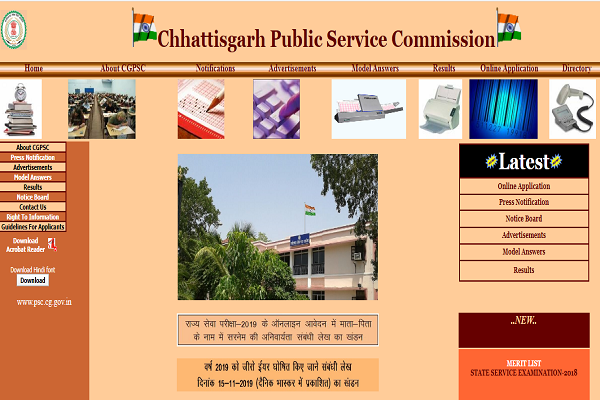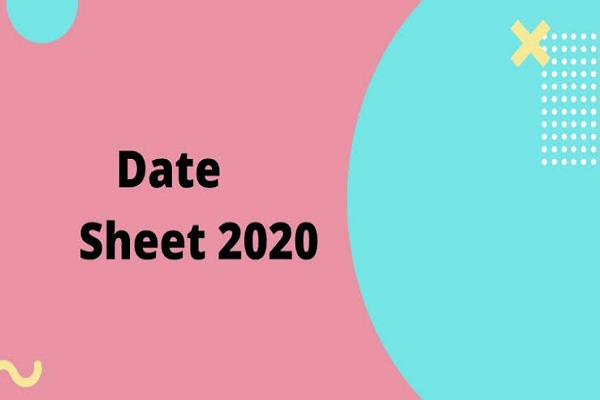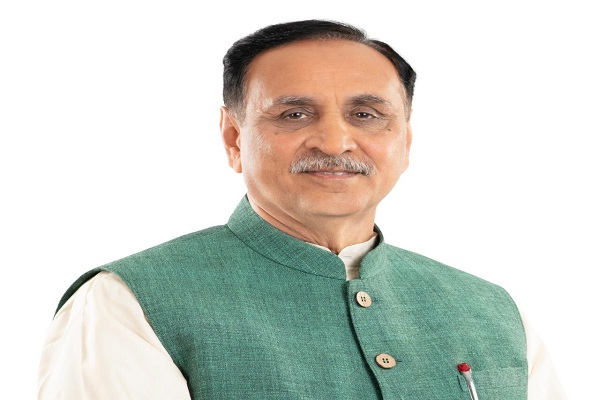An excellent and innovative education and training system is pivotal for personal fulfillment the building of a fair society and a successful nation. It is central to sustaining economic success and in converting economic success into building a strong nation, says Vijay Rupani, Chief Minister, Gujarat on the education scenario of the state in an interview with Elets News Network (ENN).
What is your vision of developing Gujarat as a world-class education hub?
An excellent and innovative education and training system is pivotal to personal fulfillment—the building of a fair society and a successful nation. It is central to sustaining economic success and in converting economic success into building a strong nation.
To realise Prime Minister Narendra Modi’s vision of creating a ‘New India’, bold reforms have been initiated in education sector in Gujarat. The Government of Gujarat acknowledges the realities and demands of the current context and formulates progressive and transparent policies and regulations that ensure autonomy of educational institutions to deliver the promise of transformative education that is relevant for the 21st Century.
The education sector has been radically reformed in Gujarat due to concerted efforts of various stakeholders. Technical and higher education institutions in the state offer courses and degrees that are competitive in the world market in terms of quality and are delivered at one fourth the cost. Hence, guaranteeing value-for-money education. The strength of Gujarat’s education system may be gauged from the fact that many world renowned scientists, entrepreneurs, noble laureates and professionals in various sectors have graduated from colleges and universities spread across the state.
The Government of Gujarat’s endeavour is to encourage international students, including Non-Resident Gujaratis (NRGs), to benefit from the state’s vibrant and diverse education system, which directly translates to enhanced opportunities for students and an all-round academic and personal development. We are making all efforts to develop Gujarat as a world-class education hub by focusing on our excellent education infrastructure, outcome-oriented education, availability of diverse industries, rich culture and heritage, progressive and welcoming mindset of local people and ease of living with safety.
What has been your topmost priority as the Chief Minister of Gujarat? How are you working towards improving the education sector and making it lucrative for foreign students?
As the Chief Minister of Gujarat, key developmental indices like education, health, employability and housing are the top most p r i o r i t y areas of our government. I am determined to build our governance on three pillars: Transparency, honesty and good administration.”
On the education front, our government has launched many initiatives and some have turned out to be progressive for the students as well as the teachers. Since independence, a number of measures have been taken to reform the education system in the state. These measures can be grouped into three heads, viz. (i) equality reforms, (ii) quality reforms, and (iii) reforms for administrative ease. To further bolster our efforts in the present scenario where students and teachers work together as learners and mentors rather than passive listeners and all-knowing experts, the government has drawn an Action Plan to meet the objectives of developing a better education system taking into account the vision of ‘New India’.
The new Action Plan proposes the revision and revamping of all aspects of the education structure, its regulation and governance, to create a new system that is aligned with the goals of 21st century education, while remaining consistent with India’s traditions and value systems.
At the heart of the plan is the aim to improve the impact of the education and training experience on the lives of each and every learner. Gujarat aims to deliver systematic improvement across the continuum of education and training to achieve the ambition of quality enforcement in higher education.
The academic reforms planned by the government will lead to effective and better academic system which will then benefit students and their education, while the administrative reforms will lead to smooth, efficient and impactful administration to help universities achieve milestones.
Restructuring of university governance, admission reforms and examination reforms are among other steps to be undertaken to clear the loopholes in governance; ensure transparency and fairness in the admission process; and development of an effective system that induces skill, knowledge and merit based assessment.
What according to you are the advantages of enrolling in universities and colleges based in Gujarat?
Outstanding institutions have provided a solid foundation for education in Gujarat on which one can build one’s career.
Another reason why one should choose Gujarat for education is for the living expenses which are much more economical as compared to those incurred in other countries.
When it comes to safety, Gujarat is considered one of the safest states in India. Outstation and International students can enjoy a rich and fulfilling experience while studying in Gujarat without having to worry about their safety.
Adequate public transportation, shuttle services, on-campus accommodation, well-lit roads are some of the things that have been put in place over the past few years.
As Gujarat, like rest of India, is a young state with youth forming the majority of its population, how do you plan to leverage this advantage?
We are focussing on the youth and roping in about 1 lakh youth for apprenticeship to develop their skills for jobs. The government plans to organise ‘rojgar melas’ or employment camps to give nearly four lakh jobs to youngsters. I am sure these measures would substantially take care of providing jobs to the needy.
Gujarat has been No. 1 state in creating jobs. If you see the employment exchange data, it shows that this has been so for the last 15 years. We have offered lakhs of government jobs and through projects set up via Vibrant Gujarat we have been creating jobs not just in the manufacturing sector but also in the services sector. A lot of job-oriented courses have been introduced in the state to close the skill gaps. Through the Mudra scheme of the Central government, we have given crores of rupees for promoting entrepreneurship among the youth.
What message would you like to give to the students?
Gujarat with its high-quality education system makes it truly a place for experiential learning. It is important for the younger generation to connect with the cultural, economical and spiritual ethos of their homeland and education is the best way to ensure that. The culture, traditions and education of India form its soul and it is through these powerful means that Indians can become a light of hope for the world.




























